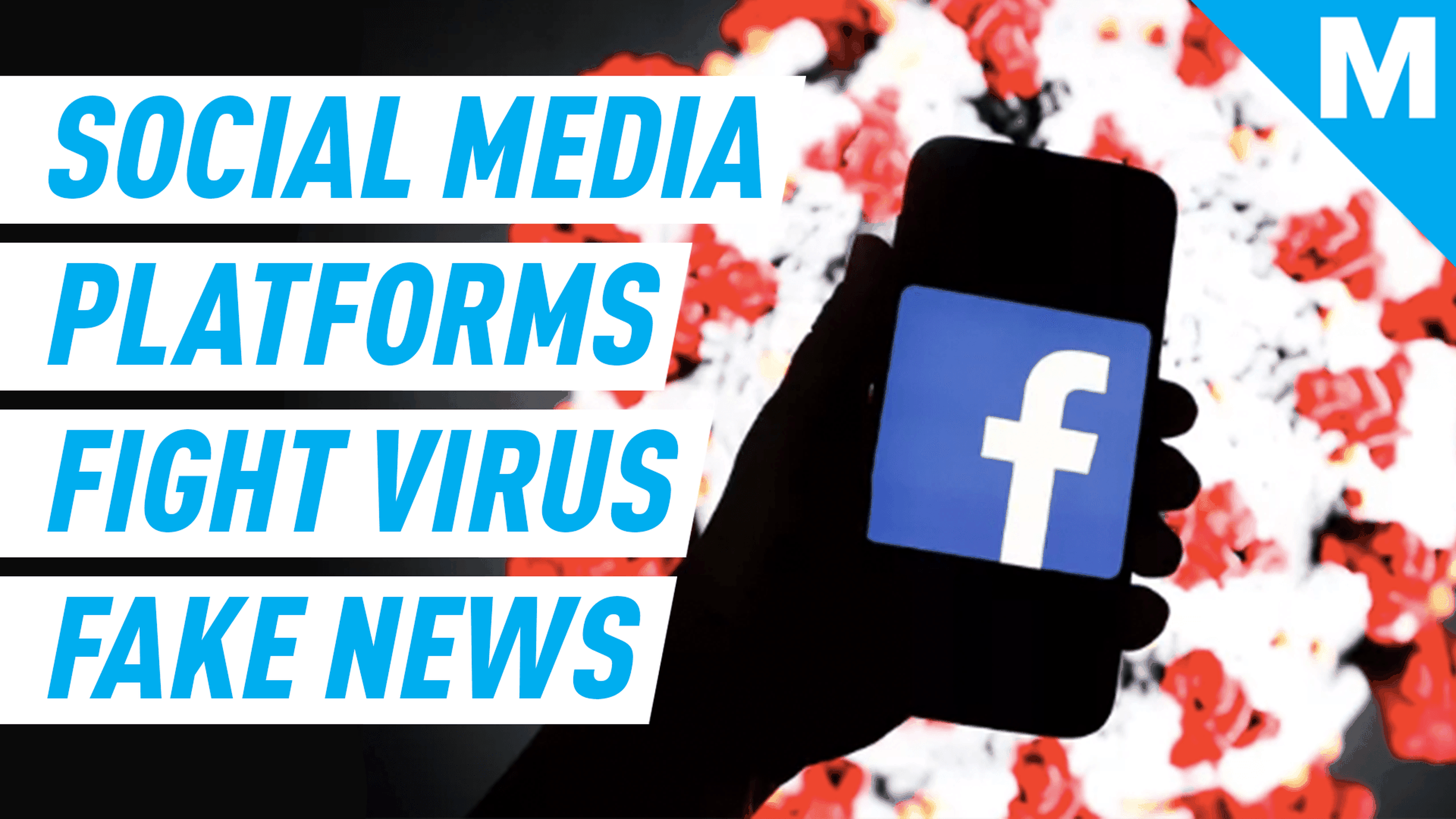
A Yemeni Nobel Peace Prize laureate who organized protests during the Arab Spring. The Vice President of the conservative Cato Institute who wrote a book titled “The Struggle to Limit Government.” The former editor-in-chief of The Guardian when it was breaking news on the Edward Snowden’s leaked NSA documents.
What do the three people described here — Tawakkol Karman, John Samples, and Alan Rusbridger — have in common? They’re all members of Facebook’s new Oversight Board, often referred to as the platform’s “Supreme Court.”
On Wednesday, Facebook finally unveiled the first 20 people who will serve on the long-awaited Oversight Board. The independent board will rule over cases regarding content issues on the social network.
Since Facebook first made its plans for the independent Oversight Board public in 2018, the company had promised diversity among its members. Judging by that metric, CEO Mark Zuckerberg has lived up to the promise in a multitude of ways from gender and race to ideological diversity.
The 20 announced members make up half of what will be a 40-person board. Half of those announced today are male, half are female. Collectively, the members of the board have lived in more than 27 countries and speak at least 29 different languages.
So far, the United States has the most representation on the board, with at least five members. The rest of the board spans the globe, with no other country currently having more than one representative on the board.
Daily content decisions will still be made by Facebook. The Oversight Board’s role, at least for now, is to make rulings on cases where specific content is removed from Facebook or Instagram. While it won’t be writing policy, these individual decisions from the board can certainly help shape it and provide guidance.
But, the biggest issue with the Oversight Board, however well-intentioned or diverse its membership is, is how limited in scope its powers over the social media giant are.
Yes, the Oversight Board has the ability to overrule even CEO Zuckerberg. Indeed, the board is its own independent corporate identity. The Oversight Board’s funding, however, comes from Facebook. In fact, the company itself chose the four co-chairs who in turn appoint the members of the board.
In addition, just because Zuckerberg can’t outright smack down a ruling, it doesn’t mean Facebook won’t have the final say.
Written out in the board’s own charter is a line that certainly gives Facebook carte blanche to opt out of practically any decision. Facebook says it will take action based on the Oversight Board’s decisions based on whether it’s “technically and operationally feasible.”
That’s fairly open and vague. It’s also a pretty slick way of saying that none of what the Oversight Board rules is binding. If a decision from the board fundamentally changes the way an integral feature on Facebook works for the greater good, but it affects the company’s bottom line, does this wording give Facebook an out? Seems like it.
As NBC News also points out, for a platform that has been criticized for its weak policies on misinformation and fake news, not a single person of the 20 announced on the board so far has a prominent background in disinformation.
With both the potential good and bad aspects of the Oversight Board laid out, it’s far too early to deem it a failure or success. The board is expected to begin overseeing cases this summer. Then, we’ll see how this plays out.
